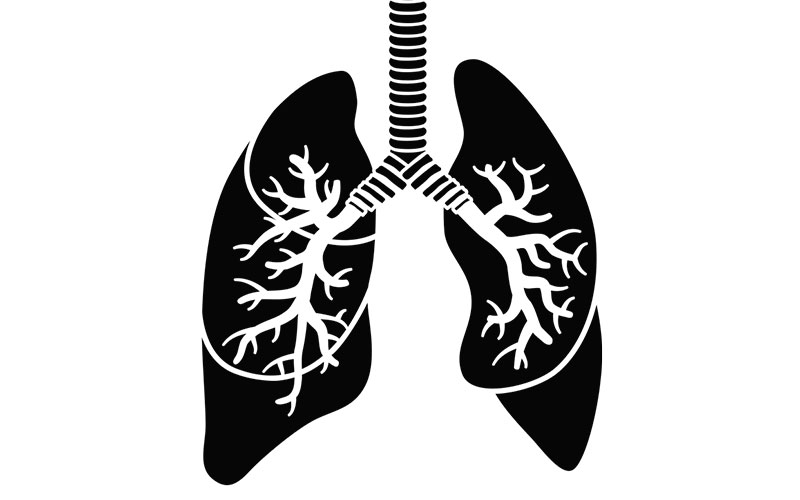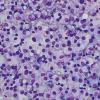Researchers have discovered that the two most common forms of lung cancer metabolise nutrients differently, revealing new vulnerabilities that could be exploited in future treatment for patients.

Researchers have discovered that the two most common forms of lung cancer metabolise nutrients differently, revealing new vulnerabilities that could be exploited in future treatment for patients.
When cells become cancerous, they change their metabolism in order to grow rapidly and spread throughout the body.
Previous studies suggested that the major subtypes of lung cancer differ metabolically, but exactly how they differ was unknown.
In a collaboration led by the Francis Crick Institute and the University of Kentucky, scientists have now worked out how adenocarcinomas and squamous cell carcinomas in human patients metabolise nutrients. These are the two most common forms of lung cancer; around 40% of all lung cancers are adenocarcinomas while 30% are squamous cell carcinomas.
The research reveals that squamous cell carcinomas break down nutrients in a different way to adenocarcinomas and that it is linked to specific genetic events.
Mariia Yuneva, senior study author, said: “Understanding how these cancers process nutrients could help us to develop new targeted treatments and lifestyle interventions.
“Our findings may also help to explain why these cancers respond to existing treatments in different ways.”`
Image credit | iStock




